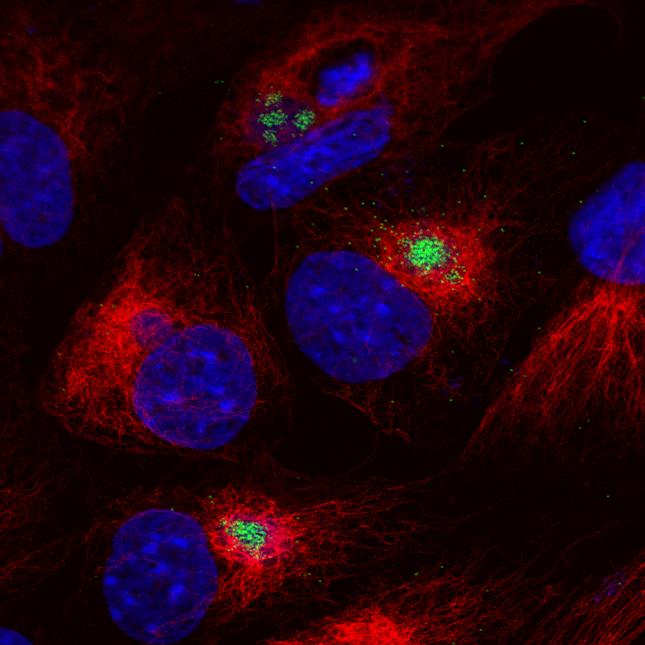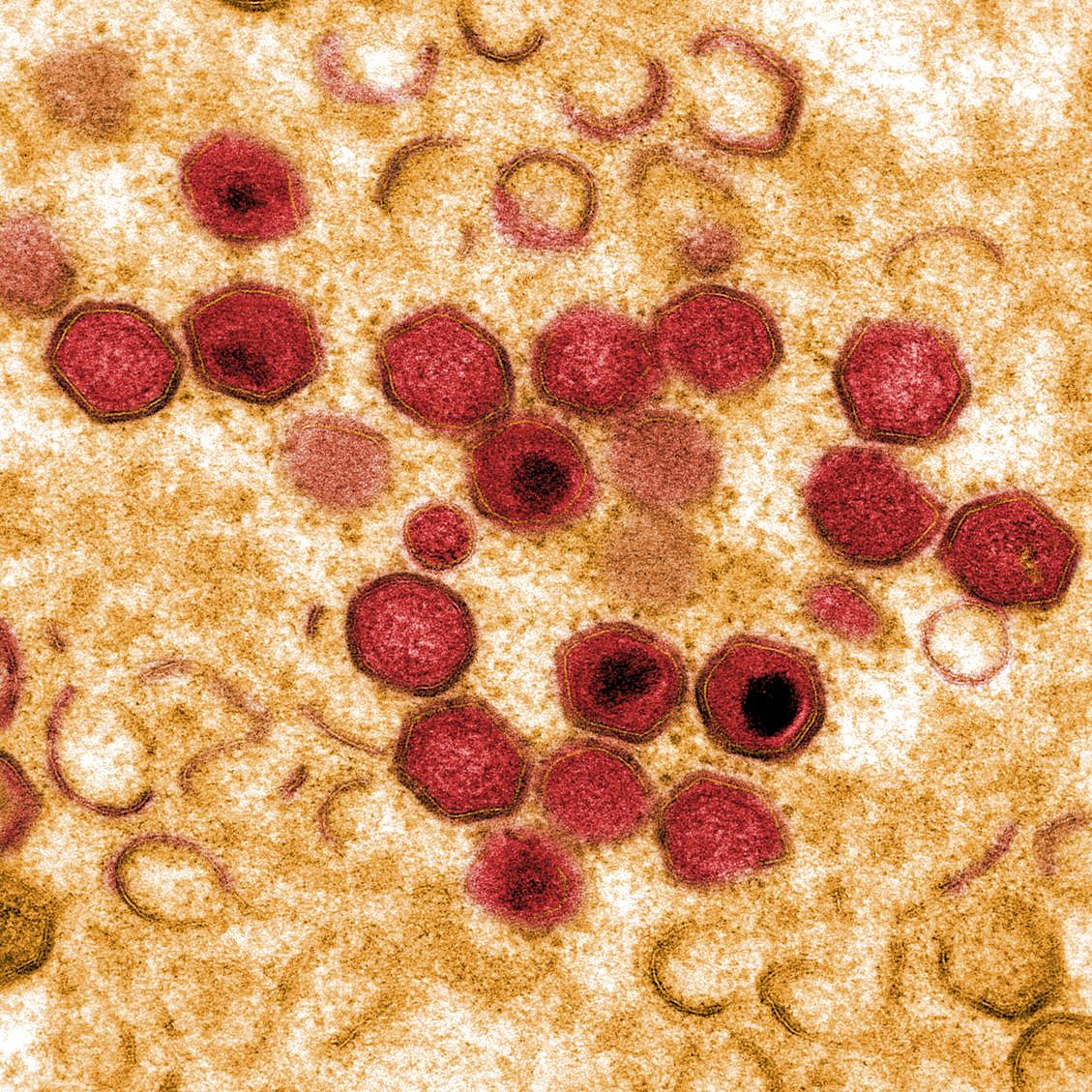Immunisation of pigs by DNA prime and recombinant vaccinia virus boost to identify and rank African swine fever virus immunogenic and protective proteins
African swine fever virus (ASFV) causes an acute haemorrhagic fever in domestic pigs with high socio-economic impact. No vaccine is available limiting options for control. Although live attenuated ASFV can induce up to one hundred percent protection against lethal challenge, little is known of the antigens which induce this protective response. To identify additional ASFV immunogenic and potentially protective antigens we cloned 47 viral genes in individual plasmids for gene vaccination and in recombinant vaccinia viruses. These antigens were selected to include proteins with different functions and timing of expression. Pools of up to 22 antigens were delivered by DNA prime and recombinant vaccinia virus boost to groups of pigs. Responses of immune lymphocytes from pigs to individual recombinant proteins and to ASFV were measured by interferon gamma ELISpot assays to identify a subset of the antigens that consistently induced the highest responses. All 47 antigens were then delivered to pigs by DNA prime and recombinant vaccinia virus boost and pigs were challenged with a lethal dose of Georgia 2007/1 ASFV isolate. Although pigs developed clinical and pathological signs consistent with acute ASFV, viral genome levels were significantly reduced in blood and several lymph tissues in those pigs immunised with vectors expressing ASFV antigens compared with control pigs.ImportanceThe lack of a vaccine limits the options to control African swine fever. Advances have been made in the development of genetically modified live attenuated ASFV that can induce protection against challenge. However there may be safety issues relating to the use of these in the field. There is little information about ASFV antigens that can induce a protective immune response against challenge. We carried out a large screen of 30% of ASFV antigens by delivering individual genes in different pools to pigs by DNA immunization prime and recombinant vaccinia virus boost. The response in immunized pigs to these individual antigens was compared to identify the most immunogenic. Lethal challenge of pigs immunised with a pool of antigens resulted in reduced levels of virus in blood and lymph tissues compared to pigs immunised with control vectors. Novel immunogenic ASFV proteins have been identified to test further as vaccine candidates.

